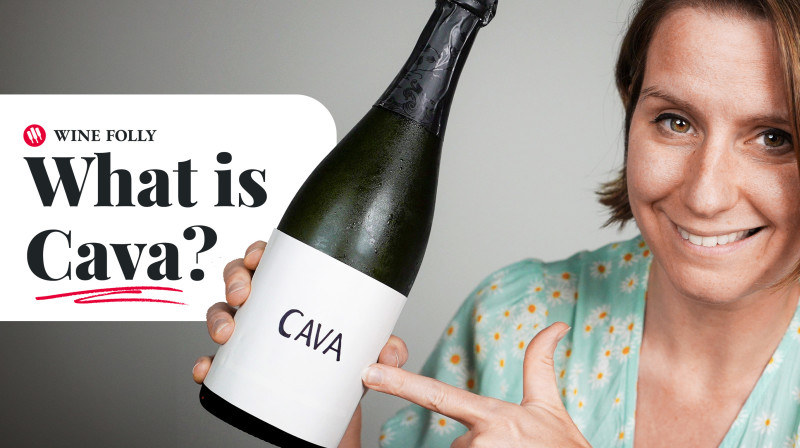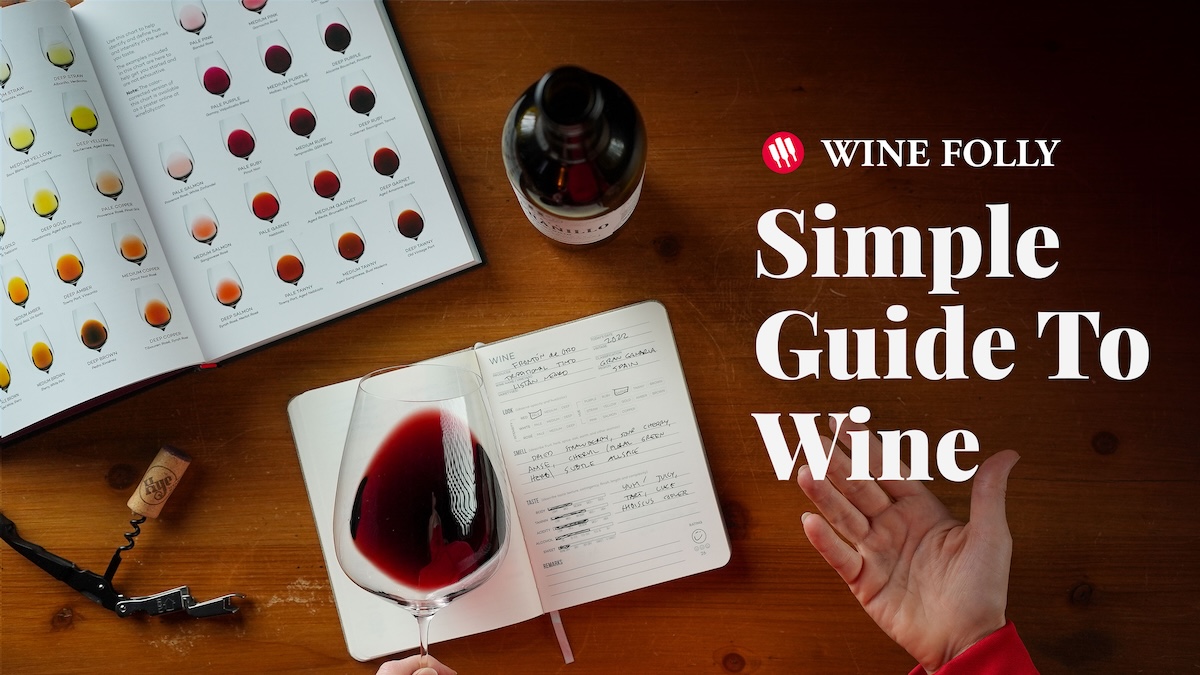The Clay Revolution in Alentejo
Welcome to Beja, the southern frontier of Portugal's Alentejo wine region. A land where summer temperatures regularly hit 135ºF (57ºC). A land of survival, resilience, and tradition. And at the center of it all? An ancient winemaking vessel called the talha (pronounced “tahl-yah”).
These massive clay pots (some taller than a human) have been used in Portugal since Roman times. And while the technique was nearly lost to modernization, today, talha wines are some of the most exciting (and unexpected) in Europe.
Beja: Portugal's Wild South
To understand talha wines, you have to understand Beja.
This is the southern slice of Alentejo, home to subregions like Vidigueira, Moura, and Granja-Amareleja. The terrain is rugged, dry, and sun-scorched. In August, stepping outside is like opening an oven door. And yet, this extreme climate produces surprisingly elegant wines, if you know where to look.
Some grapes, such as Moreto (a local red variety similar to Pinot Noir and Grenache) and Perrum (a white variety), have adapted to thrive in these harsh conditions. They ripen fully while maintaining freshness; a rare feat in such heat. And when you ferment them in a talha, something magical happens.
 Talhas at Rocim Winery in Southern Alentejo. Credit
Talhas at Rocim Winery in Southern Alentejo. Credit
What Is Talha Wine, Exactly?
Think of a talha as Portugal's version of the amphora: a giant clay vessel used to ferment and sometimes age wine. But these aren't just historical novelties. Talha winemaking is still alive in parts of Beja, especially Vidigueira, where some winemakers ferment wine exactly as the Romans did.
The process is simple, but not easy:
- Whole grapes are crushed and placed directly into the talha
- Fermentation happens naturally (no temperature control, no fancy tools)
- Gases must be released by stirring (or risk a clay explosion)
- Some winemakers even leave the wine on skins for months
The result? Wines that are textured, tannic, earthy, and deeply tied to their place. They taste old, in a good way.
 Wine Folly’s Madeline Puckette tastes Talhas wine at Honrado Vineyards
Wine Folly’s Madeline Puckette tastes Talhas wine at Honrado Vineyards
Talha Is Tradition, But It's Also Innovation
In Granja-Amareleja, Wine Folly's co-founder, Madeline Puckette, met José Piteira, a winemaker with a tiny plot of old-vine ungrafted Moreto. He pours his latest vintage, made entirely in talha.
It's fresh, lifted, and shockingly lithe, especially considering these vines see more heat than Death Valley. "After 15 years and tens of thousands of wines tasted… I've never had a Moreto before. Honestly, I'm impressed. Moreto is worth saving, hands down."
Meanwhile, at Herdade do Peso, one of Portugal's larger producers, tradition meets sustainability. In the face of rising alcohol levels, they did something radical: They reforested 40% of their vineyard estate.
The trees cool the land, reduce evaporation, and create microclimates. And it's working:
- In 2012: Wines bottled at 15.5% ABV
- In 2023: Wines bottled at 13–13.5% ABV
Sometimes, looking back is how you move forward.
How To Find Talha Wines
If you want to taste this ancient tradition, look for wines labeled "Vinho de Talha DOC." These wines are often field blends of indigenous varieties, fermented in clay, and made by small-scale producers across Beja, especially near Vidigueira.
Talha wines don't taste like anything else. They're not fruity bombs. They're not buttery oaks. They're textural, soulful, and often a little funky. They speak softly, but carry centuries of wisdom.
In a world full of stainless steel and barrique, talhas are a reminder: Sometimes, the future of wine lies in the past.
Wines Mentioned

Abegoaria
2021 José Piteira Vino de Talha Tinto
Alentejo | Portugal
A highly gastronomic range of wines. It begs for food and takes your meal to a new level. Produced using the ancient techniques of talha wines, it reveals a wealth of knowledge developed over millennia of tradition.
On the palate, it reveals good acidity and prominent tannins.

Herdade do Peso
2021 Revelado Tinto
Alentejo | Portugal
This is our cherished Herdade do Peso revealed. Revelado embodies the ideal combination of soils and grape varieties, dedication in the vineyard, and the choices we make to preserve biodiversity.
On the palate, it is fresh, full-bodied and elegant. It has firm and sophisticated tannins that are very well integrated.

Herdade do Peso
2018 Ícone Tinto
Alentejo | Portugal
The memory of an exceptional year. Herdade do Peso Ícone is the ultimate, iconic expression of the Peso estate, and is produced only in exceptional years.
In the mouth, it is a wine with a strong initial impact and volume. The tannins are very present but with excellent ripeness, vibrant acidity that makes the wine long and very gastronomic.

Quinta do Paral
2018 Grande Reserva Tinto
Alentejo | Portugal
Rich and very complex that results in a very long, powerful and elegant finish.
Solid tannins stand out in this full-bodied and well-rounded wine. A generous acid freshness that results in a very long, powerful and elegant finish.

Quinta do Paral
2020 Vinhas Velas Tinto
Alentejo | Portugal
A complex wine with enormous aging potential.
The particular elegance and balance of the velvety tannins give the complexity and freshness that only a wine with an enormous ageing potential can have.

Quinta do Paral
2019 Vinhas Velhas Branco
Alentejo | Portugal
An elegant wine with fresh aromas.
Wrapped in the creaminess of the barrel where it aged. Excellent balance, with a persistent finish of extreme complexity.
Related Videos

Spain’s One Region Devoted Entirely to Sparkling Wine

Prosecco DOC: The Place Behind the Bubbles

How to Start Drinking Better Wine with Confidence
Join Our Newsletter
Jumpstart your wine education and subscribe to the Wine Folly newsletter right now. Always awesome. Always free.
sign up free
